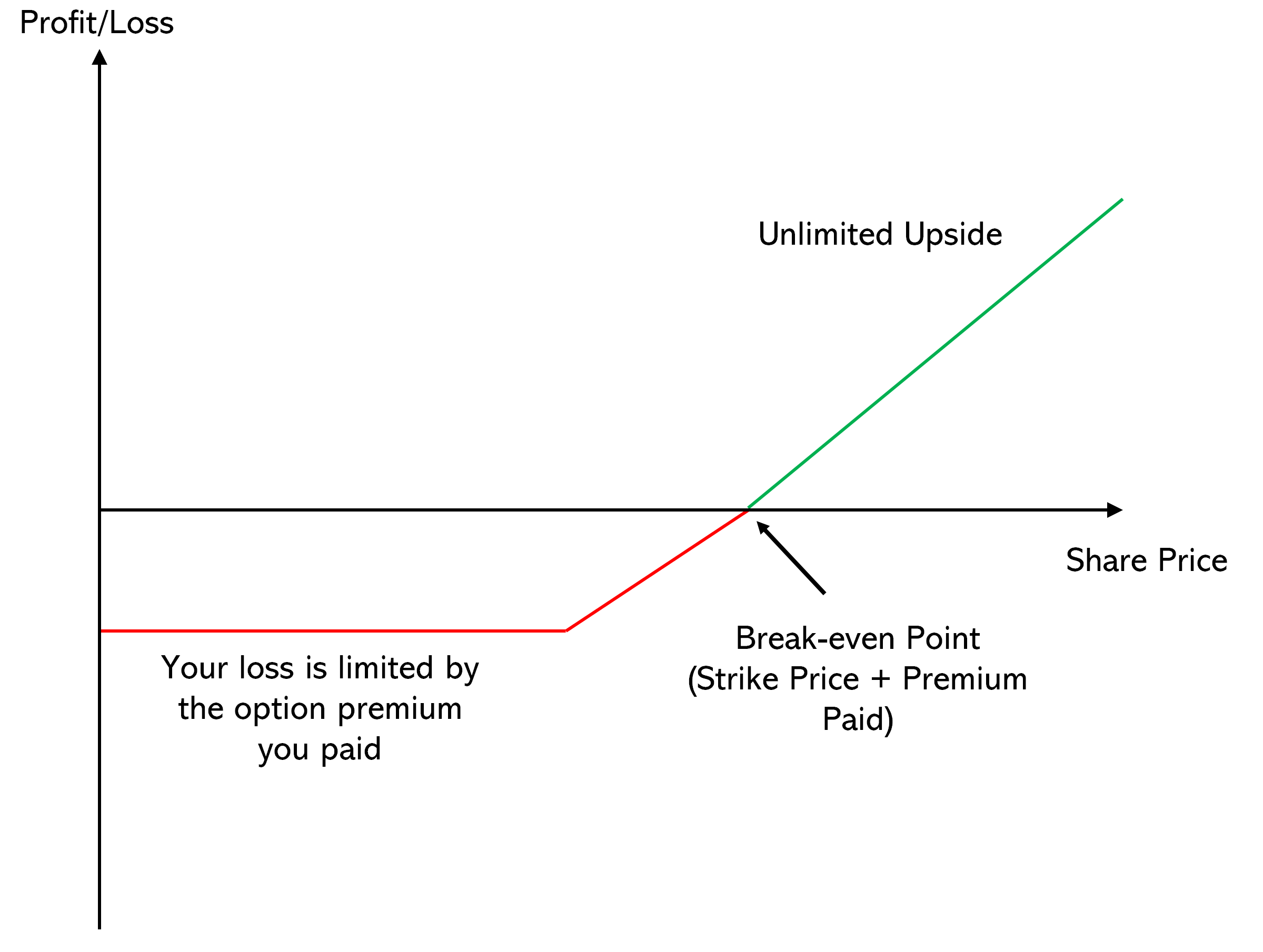Options trading, a sophisticated derivative market, involves buying and selling contracts that give traders the right, but not the obligation, to buy or sell an underlying asset at a predetermined price on a specific date. While it offers potential rewards, it also carries inherent risks that traders must carefully consider. This comprehensive guide delves into the intricacies of risk in option trading, equipping readers with the knowledge and strategies to mitigate potential pitfalls.

Image: www.passiveseeds.com
Understanding Option Risk
Options are not ordinary stocks or bonds; they derive their value from the underlying asset they track. As such, their price fluctuations are directly tied to the performance of the underlying asset. Furthermore, options have an expiration date, adding another layer of risk to the equation.
A primary risk in option trading is the possibility of loss. Options can lose their entire value if the underlying asset performs contrary to expectations. This risk is particularly pronounced for out-of-the-money options, which have lower probabilities of ending in profit.
Another factor that influences option risk is volatility. Higher volatility leads to wider price swings in both the underlying asset and the options themselves. Traders who are not adept at managing volatility can quickly find themselves in challenging positions.
Traders should also be aware of the risks associated with leverage in options trading. Options offer a high degree of leverage, which can magnify both potential gains and losses. Traders who are not disciplined in their risk management practices can face severe financial consequences.
Managing Risk in Option Trading
While risk cannot be entirely eliminated in option trading, there are effective strategies to mitigate its impact. First and foremost, traders should thoroughly research the underlying asset and the options they are considering. A deep understanding of the market dynamics can help traders make informed decisions.
Diversification is another crucial risk management strategy. By spreading investments across different options or underlying assets, traders can reduce their overall exposure to any single risk factor. Proper diversification involves careful selection of options with varying risk profiles.
Hedging is another powerful tool for managing option risk. Hedging involves the simultaneous buying and selling of two or more options or other financial instruments to reduce exposure to specific risks. Traders can use hedging strategies to limit potential losses or lock in profits.
Traders should also adopt a disciplined risk management framework, including setting clear profit and loss targets, using stop-loss orders to limit downside potential, and managing their overall position size relative to their account balance. Proper money management practices can help prevent catastrophic losses.
Seeking Professional Guidance
Option trading is a complex endeavor, and it is advisable for traders to seek professional guidance if they are not experienced in this type of investment. Brokers, financial advisors, or independent research firms can provide valuable insights, help evaluate risk tolerance, and guide traders in making informed decisions.

Image: www.pinterest.com
Risk In Option Trading
Conclusion
Risk is an inherent part of option trading, but it can be effectively managed with proper knowledge and risk management strategies. By understanding the risks involved, conducting thorough research, diversifying investments, utilizing hedging techniques, and adhering to a disciplined risk management framework, traders can mitigate potential pitfalls and increase their chances of successful option trading.
As a final note, it is essential to remember that past performance is not indicative of future results. Traders should approach option trading with a realistic understanding of risk and a commitment to ongoing learning and risk management. By embracing these principles, traders can navigate the uncertain waters of option trading and pursue their financial goals with confidence.






